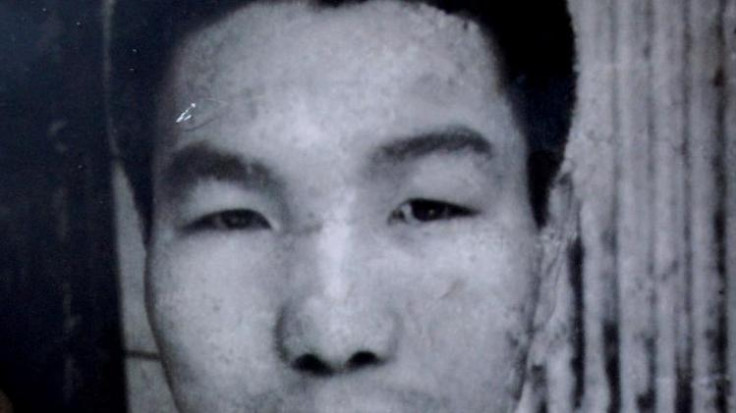Iwao Hakamada: World's Longest Serving Death Row Inmate Released

A Japanese court has decided to release a former professional boxer who has been on death row in Japan for a record 47 years, in the light of new DNA evidence.
Iwao Hakamada, 78, was accused in 1966 of killing his boss, his boss's wife, their two children and burning down their house.
Hakamada was sentenced to death in 1968.
New investigations, however, show that DNA from blood stains found on clothing alleged to have been worn by the killer does not match with Hakamada, suggesting that investigators had fabricated evidence, Kyodo news agency reported.
The Shizuoka District Court, Japan suspended the death sentence and also ordered Hakamada's release.
Presiding Judge Hiroaki Murayama said: "The clothes were not those of the defendant.
"It is unjust to detain the defendant further, as the possibility of his innocence has become clear to a respectable degree".
Hakamada admitted he was the culprit after 20 days of interrogation during which he says he was beaten. He later retracted the confession in court.
Hakamada was convicted on the basis of a forced confession and there remain unanswered questions over recent DNA evidence
Amnesty International said in a statement that Hakamada was believed to be the world's longest-serving death row inmate.
"If ever there was a case that merits a retrial, this is it. Hakamada was convicted on the basis of a forced confession and there remain unanswered questions over recent DNA evidence," said Roseann Rife, East Asia research director at Amnesty International.
Hakamada's sister Hideko, 81, who has repeatedly fought for a retrial, thanked dozens of supporters who gathered in front of the courthouse.
"This happened thanks to all of you who helped us. I am just so happy," AFP news agency quoted her saying.
If you put someone in jail for 47 years, it's too much to expect them to stay sane
Hakamada seems to have developed psychological illnesses after decades in solitary confinement, Hideko told AFP in an interview last year.
"What I am worried about most is Iwao's health. If you put someone in jail for 47 years, it's too much to expect them to stay sane".
One of the three judges who heard his original case has also spoken out in public - defying common practice - to say he believed he was innocent.
© Copyright IBTimes 2025. All rights reserved.






















